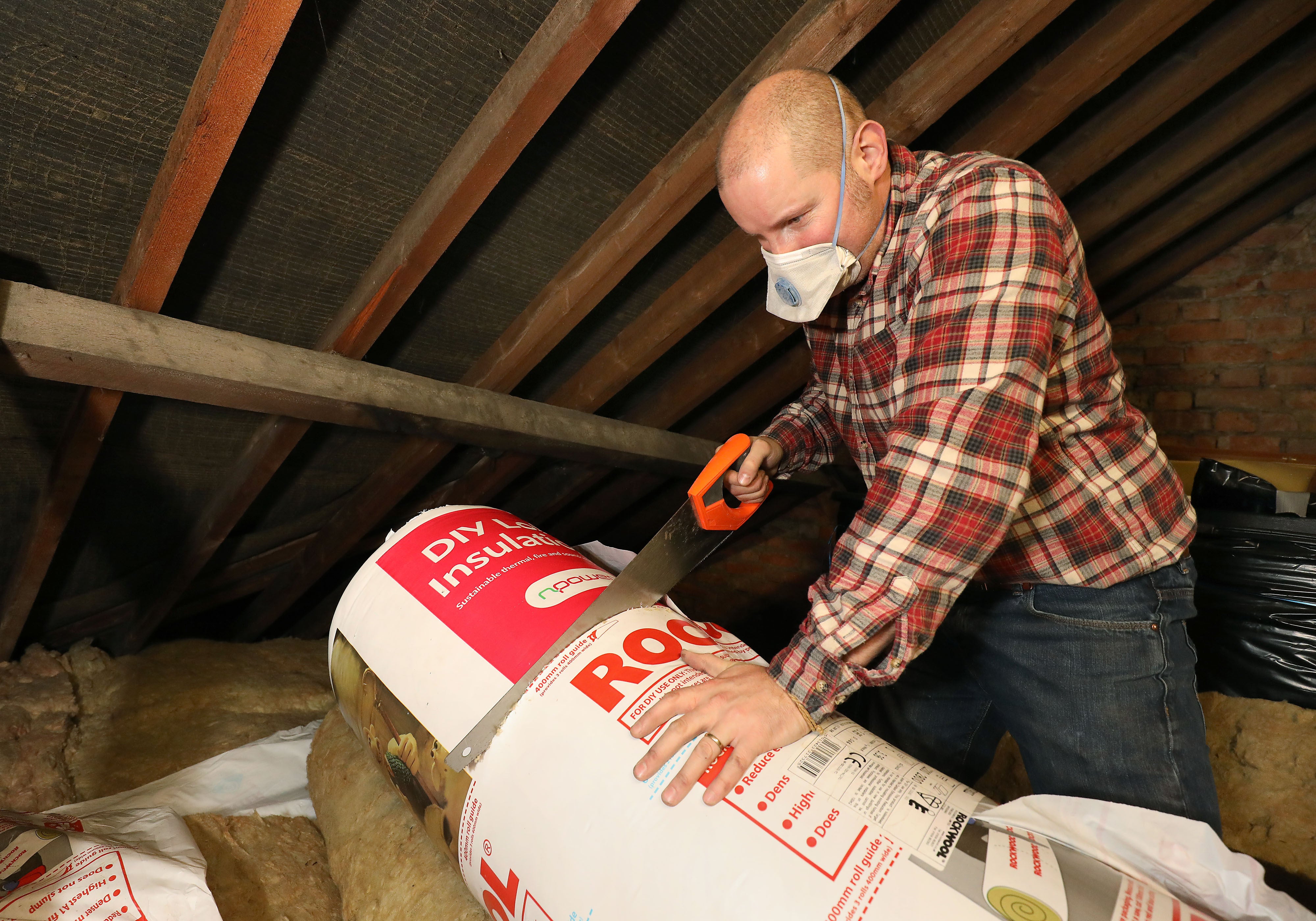Cameron’s 2013 promise will cost households £170 next year
The number of homes installing new insulation plummeted in 2013

Your support helps us to tell the story
From reproductive rights to climate change to Big Tech, The Independent is on the ground when the story is developing. Whether it's investigating the financials of Elon Musk's pro-Trump PAC or producing our latest documentary, 'The A Word', which shines a light on the American women fighting for reproductive rights, we know how important it is to parse out the facts from the messaging.
At such a critical moment in US history, we need reporters on the ground. Your donation allows us to keep sending journalists to speak to both sides of the story.
The Independent is trusted by Americans across the entire political spectrum. And unlike many other quality news outlets, we choose not to lock Americans out of our reporting and analysis with paywalls. We believe quality journalism should be available to everyone, paid for by those who can afford it.
Your support makes all the difference.David Cameron’s promise in 2013 to “cut the green crap” will cost millions of households around £170 each when energy prices spike this spring, a new report has claimed.
Analysis from the Energy and Climate Intelligence Unit (ECIU) showed that households could have saved a combined £1.5 billion in the next financial year if insulation continued to be installed at the same rate as a decade ago.
In 2012, around 2.3 million homes added new insulation, but since 2013 this has collapsed to just around 230,000 homes, ECIU said.
“The rate of insulating homes has crashed since 2012 through cut backs on helping households reduce energy waste,” said Darren Jones, a Labour MP who chairs the Business, Energy and Industrial Strategy Committee.
“The true cost of this short-termist thinking is now coming home to roost for millions of families struggling to pay their bills.”
These homes installed either insulation and cavity or solid wall insulation, something which the group said was enough to slash gas usage by 20%.
The UK has the worst insulated homes in Europe according to a 2020 survey by thermostat maker Tado.
If outside temperatures are at freezing, UK homes heated to 20 degrees will lose three degrees in five hours.
In Norway homes just lose 0.9 degrees in the same time under the same conditions, and even in warmer countries the insulation is better.
Italian homes lose 1.5 degrees in five hours while Spanish homes lose 2.2 degrees, the data showed.
In normal times this means that UK residents have to use more gas or electricity to heat their home than their European neighbours.
This means more carbon emissions, and as gas prices are expected to soar for households from April, it could put severe strain on bank accounts too.
According to the ECIU’s figures, bills would have been around £170 lower on average for nine million households in the next financial year if they had been upgraded.
In total this could have saved households around £1.5 billion.
Dr Simon Cran-McGreehin, head of analysis at the ECIU, said: “The legacy of David Cameron’s supposed ‘cut the green crap’ mantra is a short-term political decision leading to longer-term higher bills for millions.
“The simplest way to protect the UK, particularly less well-off households, against volatile international gas prices is to use less gas.
“Keeping a gas boiler chugging away has become much more expensive and may well lead many to consider making use of new Government support in April to switch to heat pumps that don’t produce air pollution and that run on electricity, the price of which thanks to British renewables has not shot up in the same way as gas.”